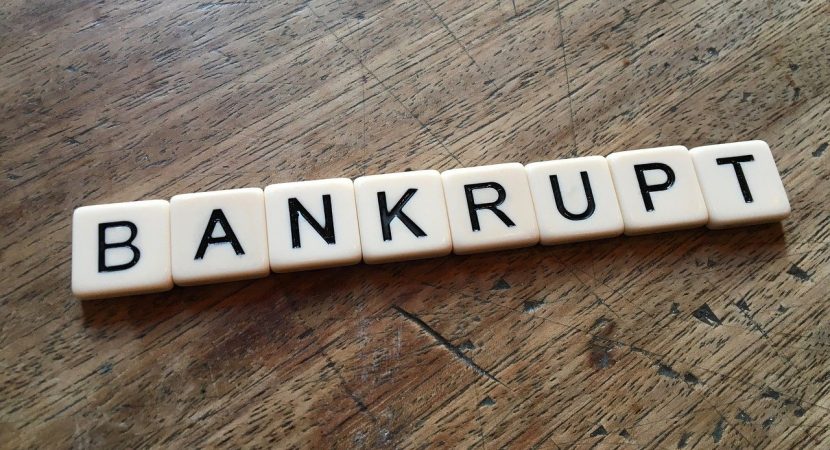The term bankruptcy can sometimes be a scary thought. Business owners and individuals associate with the stigma of being one of the worst things that can happen to you financially, however, it’s not always as bad as you think and sometimes it’s the best solution to set you back onto a track of financial stability.
It’s important to first recognise that in the UK, bankruptcy only applies to individuals. You may have often heard of companies going bankrupt, but that only applies in the US. In the UK a business goes insolvent and is liquidated when it’s closed down.
But in which situations would bankruptcy be a good option?
What is bankruptcy?
Bankruptcy is effectively a procedure that is put in place when you cannot afford to pay your debts. When you apply for bankruptcy you are telling your creditors you cannot afford to pay them. You’ll then enter into a payment plan, which pools together all your creditors, works out a realistic cost of living and then payment is divided up between your creditors which goes out on a monthly basis.
If you have assets, cars, properties etc, and large bills, you can be forced to downsize in order to repay a large amount of bills, however, this is always subject to the circumstances. Bankruptcy only however, lasts for six years, in which time if you haven’t fully repaid your debts they are written off, giving you a fresh start.
You can’t pay your creditors and the pressure is too much
If you’ve got creditors constantly chasing you and you’re always struggling to keep up with payments, let alone the day-to-day cost of living, then going down the bankruptcy route can be a saving grace. The problem is every creditor always wants all of their payment straight away, going into bankruptcy gives you the opportunity to manage your payments, and agree a reasonable means of repayment.
Bankruptcy in this case would be especially prevalent, if you don’t have any high value assets, vehicles, property, anything that has a large amount of cash behind it, Bankruptcy is your best solution.
You have unsecured debts
An unsecured debt is when you have outgoing credit that isn’t backed against an asset. It usually means, utility costs, credit cards or loans. Bankruptcy would put you into a protective bubble against these kinds of debts and allow you to manage all of your outgoings into a payment plan. It would mean that creditors wouldn’t be able to constantly chase for you repayments.
Unfortunately though, bankruptcy in this situation wouldn’t cover you for payments such as court orders, fines or student loans.
How does bankruptcy work for businesses?
When a business is bankrupt, they’re actually considered insolvent. A repayment system doesn’t work in exactly the same way either. If the business has a genuine chance of survival, they can apply for a repayment procedure such as a Company Voluntary Arrangement. This pools all their debts into one pot, then repayment terms are put together so the business is able to pay them back over a set period of time.
If your business is failing has no genuine chance of survival, and simply cannot continue trading, they would enter into a liquation procedure. This would see a business have all its assets sold before that cash is then distributed amongst the business’s creditors.
Bankruptcy often seems like a dirty word and possibly the worst thing that could happen to someone. However, for individuals it can be a saving grace. It can give you an opportunity to start again, have a fresh start and get your finances back into a good place.
For businesses it’s slightly different, if you’re business is having trouble there are turnaround procedures that can help get you back on the safe and narrow, or if you think it’s time to pack up shop it’s worth looking at liquidation procedures. It’s also worth noting that any business debt that gets racked, up won’t effect the personal finance of an owner or director.


